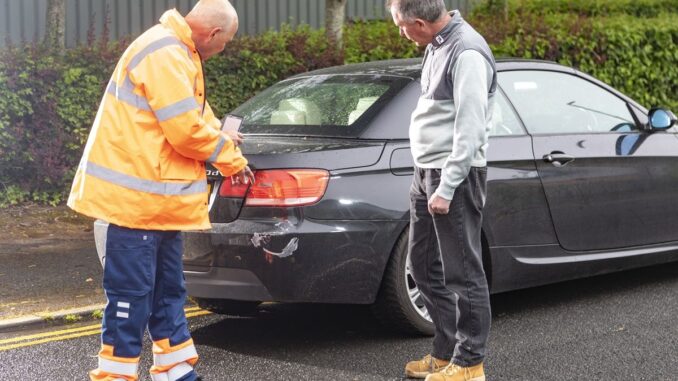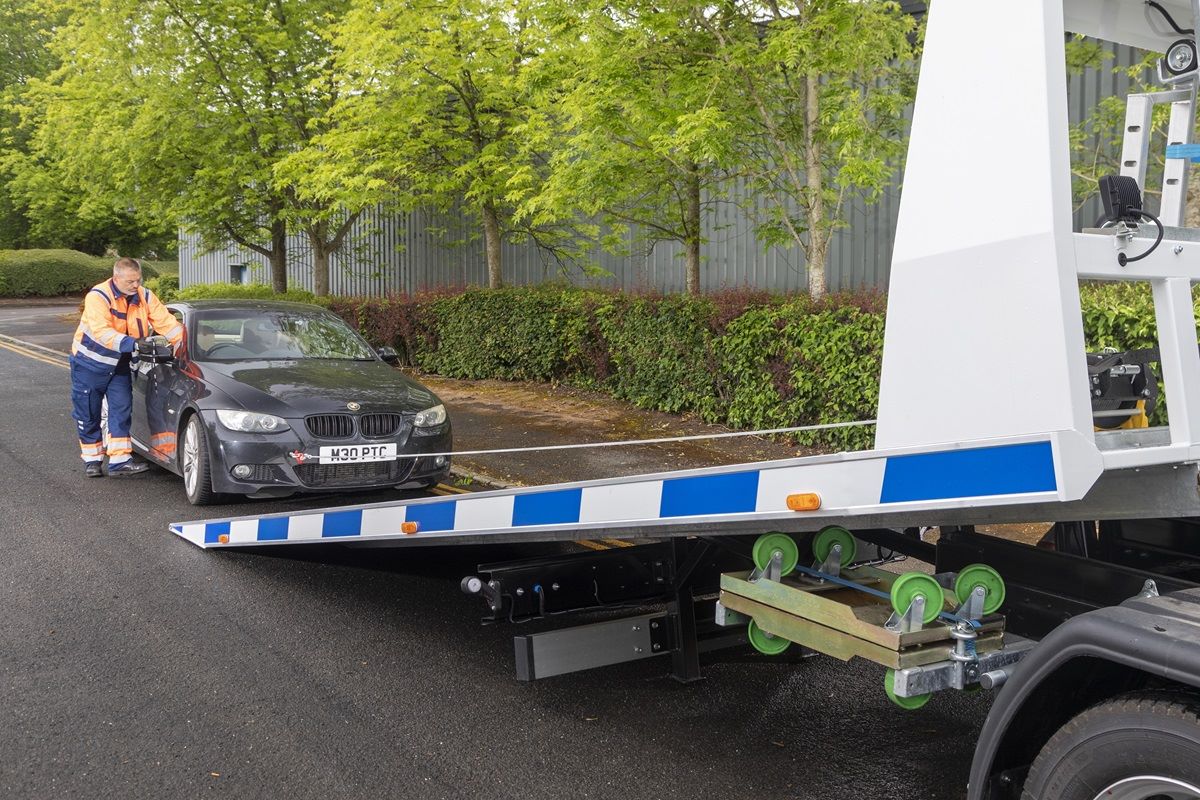
Car accidents can happen when you least expect them, and in those crucial moments following a collision, understanding your rights is paramount. Whether you’re the driver, passenger or pedestrian involved, navigating the aftermath of a car accident can be overwhelming. Here’s some expert advice to empower you with the knowledge you need to protect your rights and make informed decisions in the aftermath of a car accident.
Seek a legal representative
When dealing with the aftermath of a car accident, seeking a legal representative can be a pivotal decision. A skilled attorney specialising in personal injury and car accidents can provide invaluable assistance. If you’re in LA, consulting with a rear-end accident lawyer in Encino in case of such an accident can be of tremendous help. They understand the complexities of the legal system, insurance negotiations, and potential liability issues. By hiring a legal representative, you ensure that your rights are staunchly defended.
They can guide you through the intricacies of the claims process, handle communication with insurance companies, and, if needed, advocate for you in court. With their expertise, you increase your chances of obtaining fair compensation for damages, medical expenses and other losses. Remember, a legal representative is your ally in navigating the legal landscape, offering you peace of mind during a challenging time.
Seek medical attention
Even if you don’t exhibit immediate symptoms, some injuries may manifest later. To protect your wellbeing and strengthen any potential legal claims, seek medical attention promptly. Documenting injuries and obtaining medical records will not only aid in your recovery but also serve as valuable evidence if you decide to pursue legal action.
Document the extent of injuries
When seeking medical attention, ensure that all injuries, no matter how minor they may seem, are thoroughly documented. This includes obtaining detailed medical reports, X-rays and photographs of visible injuries. The comprehensive documentation of injuries not only supports your medical treatment but also serves as crucial evidence in establishing the extent of harm caused by the accident.
Follow through with treatment plans
Adhering to the prescribed treatment plans is essential for both your health and potential legal proceedings. If you neglect or delay medical treatments, it may be used against you in claims, suggesting that your injuries were not as severe as claimed. Consistent medical care demonstrates the seriousness of your injuries and underscores the impact the accident has had on your wellbeing, reinforcing your position in any legal actions that may follow.
Document the scene
In the age of smartphones, you have a powerful tool at your disposal. Use it to document the accident scene thoroughly. Take pictures of vehicle damage, license plates, street signs and any relevant road conditions. Additionally, gather contact information from witnesses. This documentation can be instrumental when dealing with insurance claims or legal proceedings, ensuring you have a comprehensive record of the incident.
Communicate carefully
When interacting with other parties involved in the accident, be it law enforcement or insurance representatives, be mindful of what you say. Avoid admitting fault or making statements that could be misconstrued later. Stick to the facts and provide necessary information without speculating or assigning blame. Anything you say may be used against you, so exercising caution in your communication is crucial to protect your legal rights.

Limit statements to facts
When discussing the accident, stick to factual information rather than offering opinions or making subjective statements. Clearly describe the sequence of events leading up to the accident without embellishment. Refrain from speculating on the intentions or behaviours of others involved. By adhering strictly to the facts, you minimise the risk of unintentionally providing information that could be misinterpreted or used against you in legal proceedings.
Refrain from admitting fault
Resist the urge to admit fault, even if you feel pressured or uncertain about the circumstances. Admitting fault can have significant repercussions on liability determinations and may impact your ability to seek compensation. Let the investigation process unfold and allow insurance adjusters and legal professionals to assess the situation objectively before drawing any conclusions.
Avoid recorded statements without legal advice
Insurance companies may request recorded statements soon after an accident. It’s crucial to be cautious about providing such statements without first seeking legal advice. Insurance adjusters are trained to extract information that may be detrimental to your case. Consulting with a legal professional before giving any recorded statements ensures that you understand your rights and can navigate these conversations in a way that protects your interests and doesn’t jeopardise potential claims.
Understand insurance coverage
Familiarise yourself with your insurance policy and understand the coverage it provides. This knowledge will empower you when communicating with insurance companies. Remember that insurance adjusters may aim to settle quickly, potentially offering a lower amount than you deserve. Consult with a legal professional if necessary to ensure you fully understand your rights and entitlements under your insurance policy.
Legal consultation is key
After a car accident it’s advisable to consult with a legal professional, especially if injuries are involved or liability is disputed. An experienced attorney can help you navigate the complex legal landscape, ensuring your rights are protected. They can guide you on the appropriate steps to take, negotiate with insurance companies on your behalf, and, if necessary, represent you in court. With their expertise, you’ll have a clearer understanding of the potential legal avenues available to you and the best strategy for achieving a fair resolution.
Preserve evidence for legal claims
If you decide to pursue legal action, preserving evidence is critical. Keep all relevant documents, such as medical records, repair estimates and correspondence with insurance companies. These documents will strengthen your case and provide a clear timeline of events. Additionally, if there were any traffic cameras or surveillance footage near the accident site, work quickly to obtain and secure this evidence. The more documentation you have, the stronger your position will be in seeking compensation for damages, medical expenses and other losses.
By prioritising your health, documenting the scene, communicating cautiously, understanding your insurance coverage, consulting with a legal professional and preserving evidence, you empower yourself to protect your rights effectively.
The road to recovery, both physically and legally, may be challenging, but armed with the right information, you can navigate it with confidence. Remember, taking proactive steps in the aftermath of a car accident can make a significant difference in securing a fair resolution and safeguarding your wellbeing.
Photographs courtesy of Start Rescue




Be the first to comment